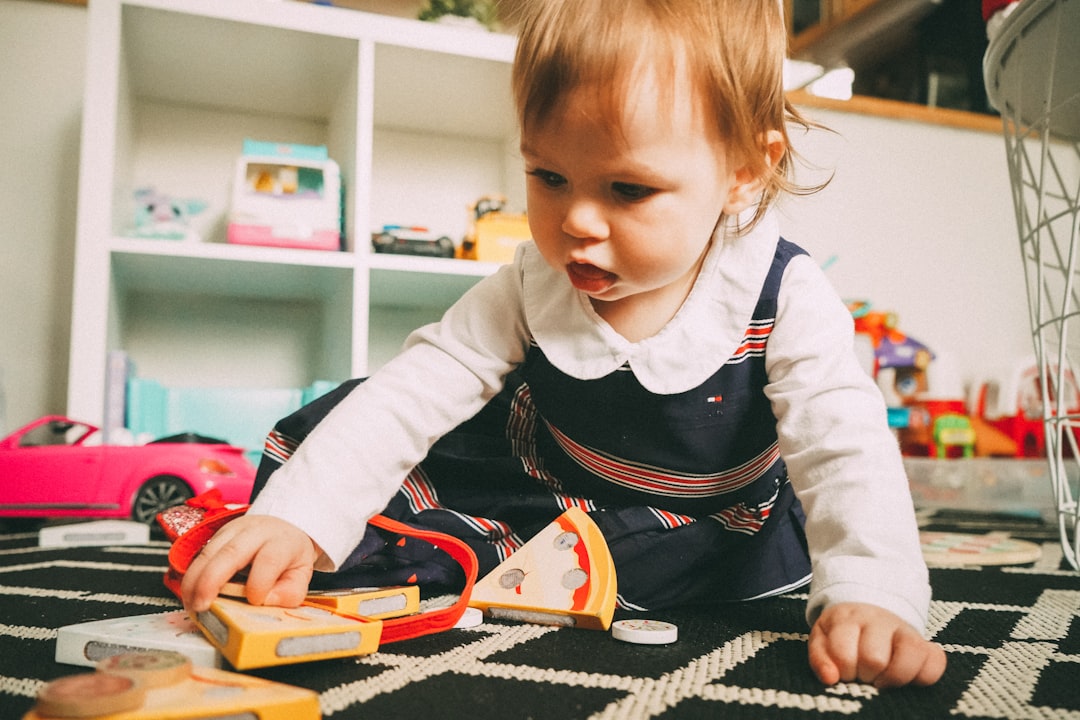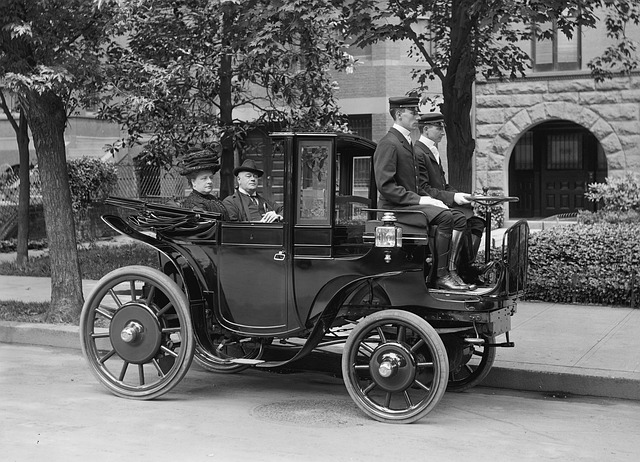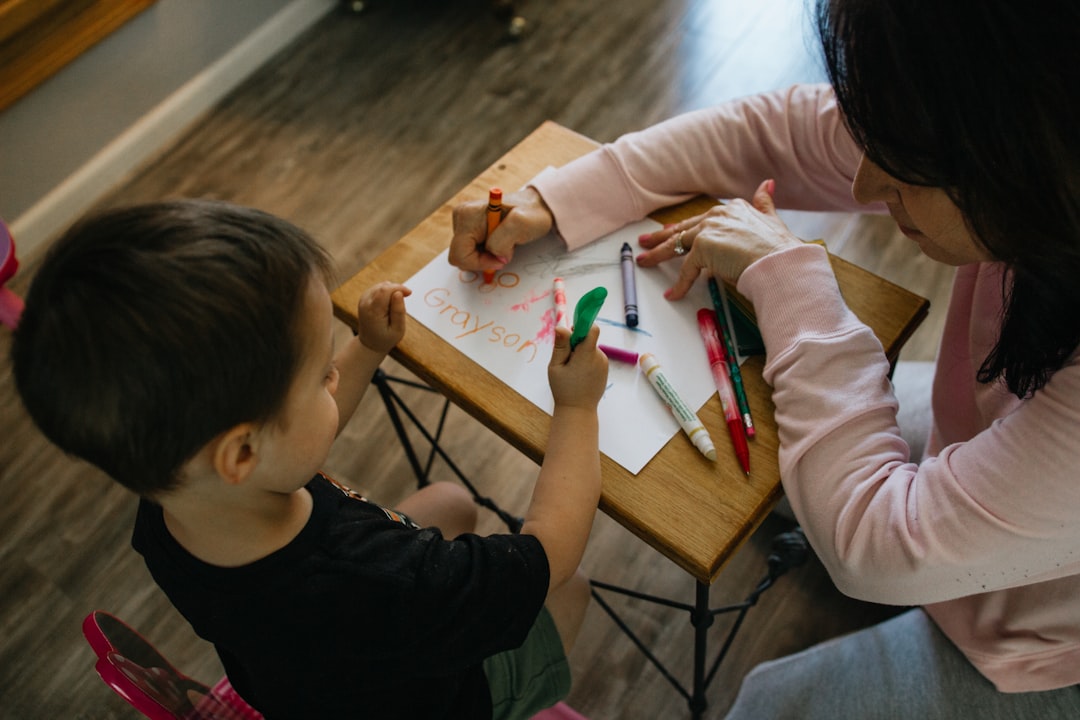In Rhode Island, domestic violence victims with children in daycares have access to specialized daycare abuse law firms that provide crucial support and guidance. These firms educate communities on recognizing abuse, navigate complex legal systems, ensure protection through restraining orders and reporting mechanisms, and offer resources for housing, legal aid, and counseling. Victims are empowered to create a safe environment while facing challenges, with immediate action advised in case of abuse, including contacting authorities, documenting evidence, and consulting legal experts for police reports, charges, and compensation claims. Daycare abuse law firm Rhode Island specialists advocate for victims' rights and their children's well-being.
In Rhode Island, domestic violence doesn’t end at home—it can extend to childcare settings, leaving victims vulnerable while seeking support. This article guides survivors navigating the legal landscape surrounding daycare abuse, exploring their rights and available protections. We delve into the relevant laws, including those specific to Rhode Island, and highlight the crucial role a dedicated daycare abuse law firm plays in empowering victims. Understanding these resources is essential for those seeking safety and justice.
Understanding Domestic Violence in Rhode Island Daycares
In Rhode Island, domestic violence is a serious issue that can unfortunately extend into various settings, including daycares. The state has recognized this problem and implemented legal protections to safeguard victims who may be in close contact with their abusers during daycare hours. Understanding these dynamics is crucial for both victims and the daycare community.
Daycare abuse law firms in Rhode Island play a vital role in educating parents, caregivers, and staff about recognizing signs of domestic violence and providing resources for support. Victims of abuse should feel empowered to seek help without fear of repercussions at the daycare. With proper awareness and legal frameworks in place, daycares can become safer spaces where victims can find respite and eventually rebuild their lives free from violence.
Legal Framework: Rhode Island Laws Against Daycare Abuse
In Rhode Island, daycare abuse is taken very seriously, with a robust legal framework in place to protect victims and hold perpetrators accountable. The state has stringent laws that specifically address child abuse and neglect, extending these protections to children attending daycares. These laws are designed to ensure the safety and well-being of kids under care, providing clear guidelines on what constitutes abuse and outlining severe consequences for offenders.
A daycare abuse law firm in Rhode Island can guide victims through this complex legal landscape. If you or someone you know has experienced neglect or harm while at a daycare center, it’s crucial to understand your rights. The state’s laws offer various protections, including mandatory reporting requirements for caregivers and educators, regular inspections of daycares, and strict regulations regarding staff-to-child ratios. These measures aim to prevent and address any instances of abuse, ensuring that Rhode Island’s daycares maintain high standards of care.
Rights of Victims: Protections and Resources Available
Victims of domestic violence seeking safety and support while attending Rhode Island daycares have specific rights and protections under the law. These rights are designed to ensure their well-being and that of their children, offering a range of resources and legal avenues for recourse. A daycare abuse law firm in Rhode Island can provide crucial guidance on navigating these protections.
Victims may be entitled to temporary or permanent restraining orders against their abusers, which can help prevent further harassment or violence. Rhode Island’s childcare regulations also mandate reporting suspected child abuse or neglect, allowing daycares to play a vital role in identifying and addressing potential issues. There are dedicated hotlines and support services available for victims, offering confidential assistance and resources for housing, legal aid, and counseling. These protections work collectively to foster a safer environment for survivors and their children within the daycare setting.
The Role of a Daycare Abuse Law Firm
When a victim of domestic violence seeks safety and support in a Rhode Island daycare, they face a unique challenge—protecting their children from further harm while navigating legal systems. This is where a daycare abuse law firm steps in as an invaluable resource. These specialized legal experts are equipped to guide victims through the complexities of the law, ensuring their rights are upheld and their children’s well-being is secured.
A daycare abuse law firm in Rhode Island plays a crucial role in providing advocacy and representation for victims. They offer guidance on legal options, help draft protective orders, and assist in communicating with daycare staff and authorities to create a safe environment for the child. Moreover, these firms can educate victims about their rights under state laws and help them access available resources, offering a sense of security and empowerment during an intensely vulnerable period.
Steps to Take After Experiencing Daycare Abuse in RI
If you’re a victim of daycare abuse in Rhode Island, it’s crucial to take immediate action to ensure your safety and that of your child. The first step is to remove them from the abusive environment as soon as possible. Contact local law enforcement or child protective services to report the incident and request assistance. Documenting the abuse by taking photos or gathering any relevant evidence can be beneficial during legal proceedings.
Next, consider reaching out to a reputable daycare abuse law firm in Rhode Island. Legal experts specialized in this field can guide you through your options, which may include filing a police report, pressing charges against the responsible party, and seeking compensation for any physical or emotional harm caused. They can also help navigate the legal system and ensure your rights are protected.



